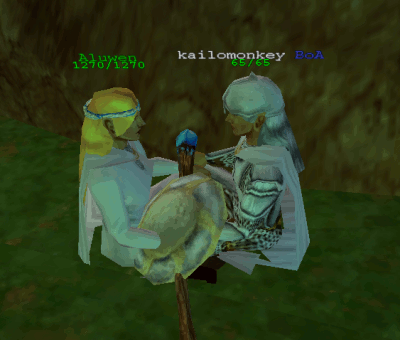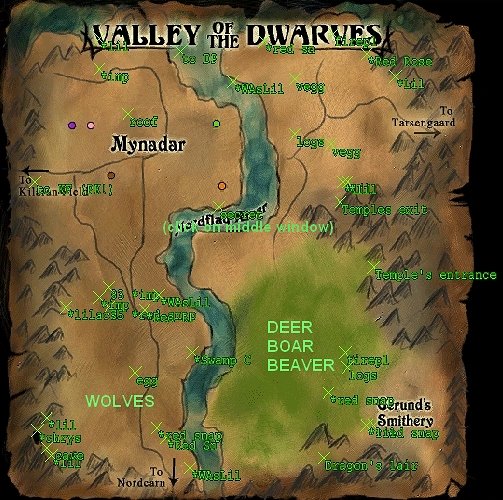
In December 2018, the hymn was played at memorial and funeral services for President George H. Correspondingly, it is known by many titles, periodically referred to as the Hymn of Her Majesty's Armed Forces, the Royal Navy Hymn, the United States Navy Hymn (or just The Navy Hymn), and sometimes by the last line of its first verse, "For Those in Peril on the Sea". but during the seventh year the land shall have a sabbath rest, a sabbath to the Lord you shall not sow your field nor prune your vineyard. Services who have adopted the hymn include the Royal Marines, Royal Air Force, the British Army, the United States Coast Guard, and the United States Marine Corps, as well as many navies of the British Commonwealth. This hymn was popularised by the Royal Navy and the United States Navy in the late 19th century, and alterations of it were soon adopted by many branches of the armed services in the United Kingdom and the United States. There are seasons to life and the harvest never comes immediately. The harvest never comes immediately after planting for, while the earth abides, there is seedtime and harvest, cold and winter, etc. They mounted up to the heavens and went down to the depths in their peril their courage melted away." Genesis 8:22 reads: While the earth remains, Seedtime and harvest, And cold and heat, And summer and winter, And day and night Shall not cease. For he spoke and stirred up a tempest that lifted high the waves. Weasel Ninth Fatty Bai Little Turtle Chicken-Thieving Fiend Sect Uncle Bai Nightcrypt Nightdevil Plaguedevil Blood Master Blood Devil Blood Lord. They saw the works of the Lord, his wonderful deeds in the deep. with agricultural rites and particularly with harvest festivals.

"Some went out on the sea in ships they were merchants on the mighty waters. to go to some particular mountain or to the Eternal Land far off on the ocean. Whiting shared his experiences of the ocean and wrote the hymn to "anchor his faith". Whiting is commonly believed to have been inspired by Psalm 107, which describes the power and danger of the seas in great detail: As headmaster of the Winchester College Choristers' School some years later, he was approached by a student about to travel to the United States, who expressed to Whiting a tremendous fear of the ocean voyage. H e was constantly looking forward to a city with eternal foundations designed and built by God. The Lord appeared to Abram and said, To your descendants I will give this land. In Gaul, he was considered a god not only of agricultural abundance but also of commercial success. In late summer and early fall, he ran from place to place to let everyone know it was time to bring in the harvest. In particular, he was a god of commerce and is associated with the grain trade. Abram passed through the land as far as the site of Shechem, to the oak of Moreh. Fleet of foot, Mercury was a messenger of the gods.

Whiting grew up near the shores of England, and at the age of thirty-five had felt his life saved by God when a fierce storm nearly destroyed the ship he was traveling on, instilling a faith in God's control over the rage and calm of the sea. Hebrews 11:8 9 tells us that when Abraham reached the land God had promised him, he lived there by faith, like a foreigner living in a tent. The heavens are the heavens of the Lord, But the earth He has given to the sons of men. The original hymn was penned in 1860 by William Whiting, an Anglican churchman from Winchester, United Kingdom. The Story Behind Eternal Father, Strong to Save


 0 kommentar(er)
0 kommentar(er)
